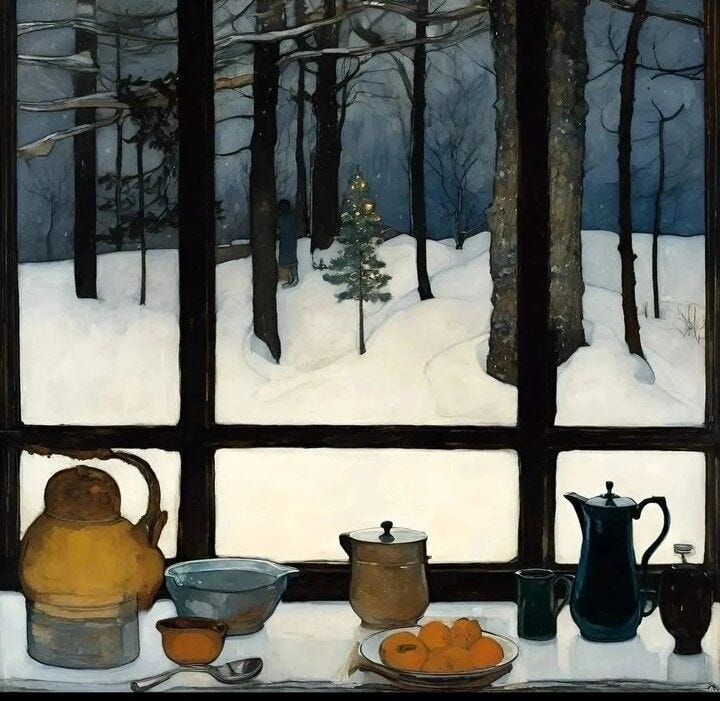(Article previously published in the December issue of TableTalk)
Each winter, the vibrant flowers and lush landscape outside the back window transform into a sober, muted palette. Trees become stark sketches of brown against the white snow, while the deep greens of spruces and pines jut into the endless gray skies above. Even the sounds change. The cacophony of late-summer cicadas and tree frogs fades, replaced by stillness and quiet. Food becomes scarce for animals, their efforts focused on survival. Fields lie empty and still, as leaves and plants decompose and disappear beneath barren trees.
Wintering seasons are not confined to nature. We, too, experience personal winters ushered in by sickness, loss, difficult transitions, or failure. Regardless of the cause, these seasons share a common thread: something that once flourished has ended. A new set of circumstances redefines our days, filling them with uncertainty, waiting, and adjustments in rhythms, relationships, and responsibilities.
Wintering seasons seem like a contradiction in a world chasing perpetual summers. The pursuit of happiness, the race to relevance, and the demands of life keep us moving, scrolling, meeting, reading, consuming, and producing at a relentless pace. But when life grinds to a halt, it’s surprising how fast the world moves on. It is painful to feel set aside, disoriented by a new reality, slogging through grief, wondering how this season arrived and when—or if—it will end.
Keep reading with a 7-day free trial
Subscribe to Think Twice to keep reading this post and get 7 days of free access to the full post archives.




